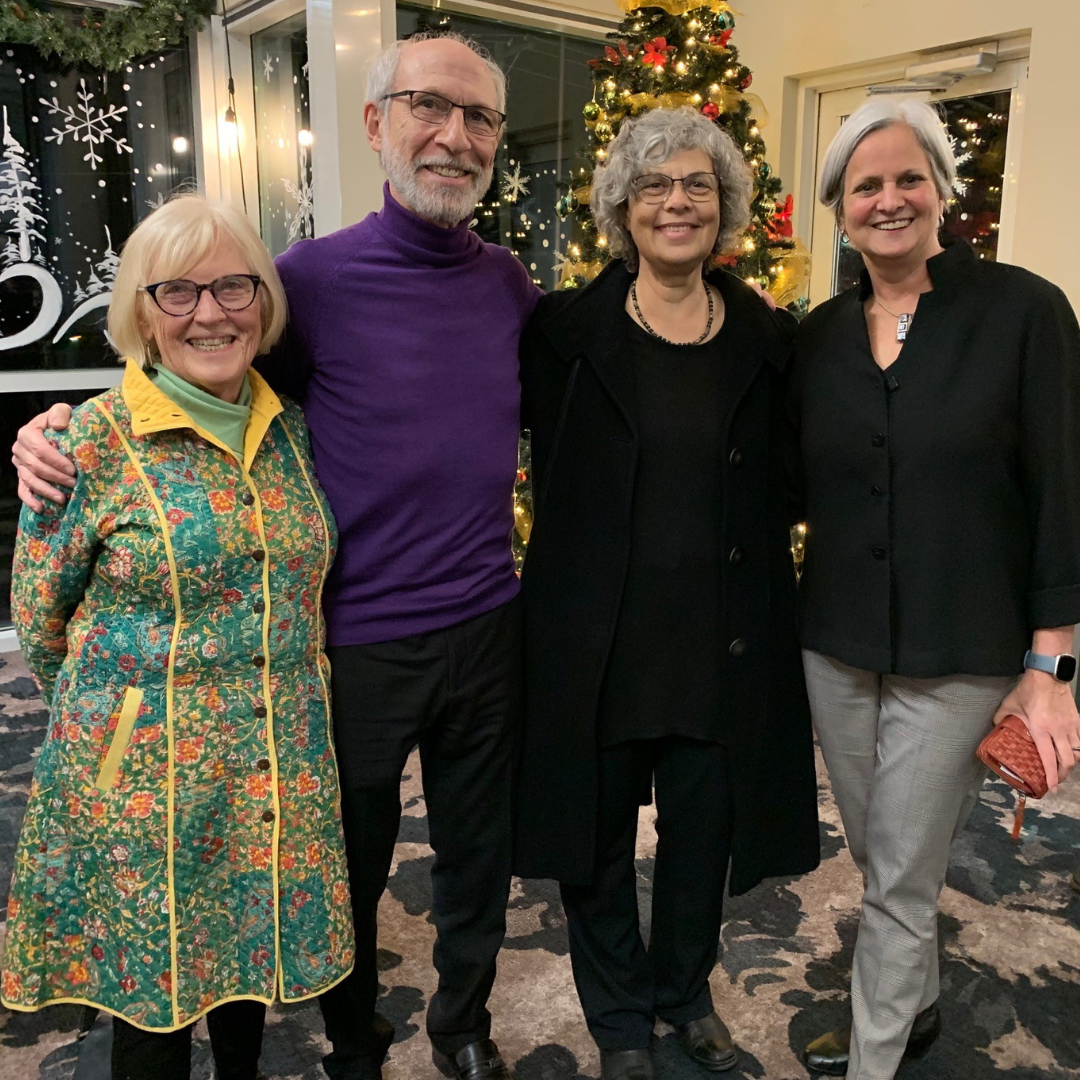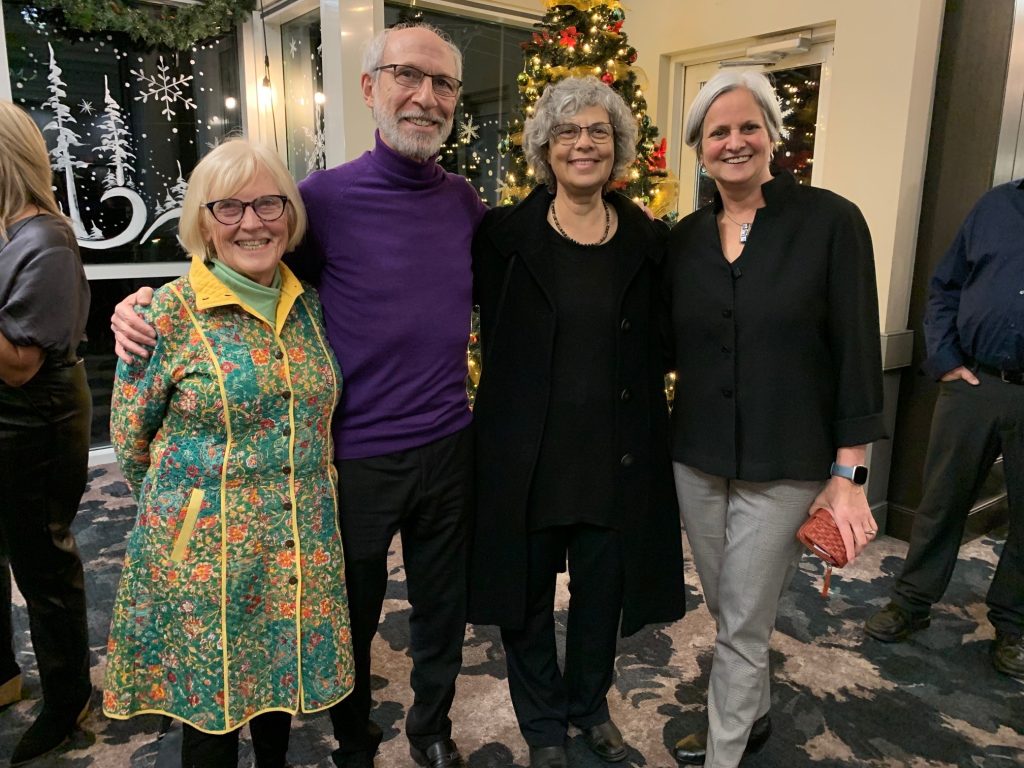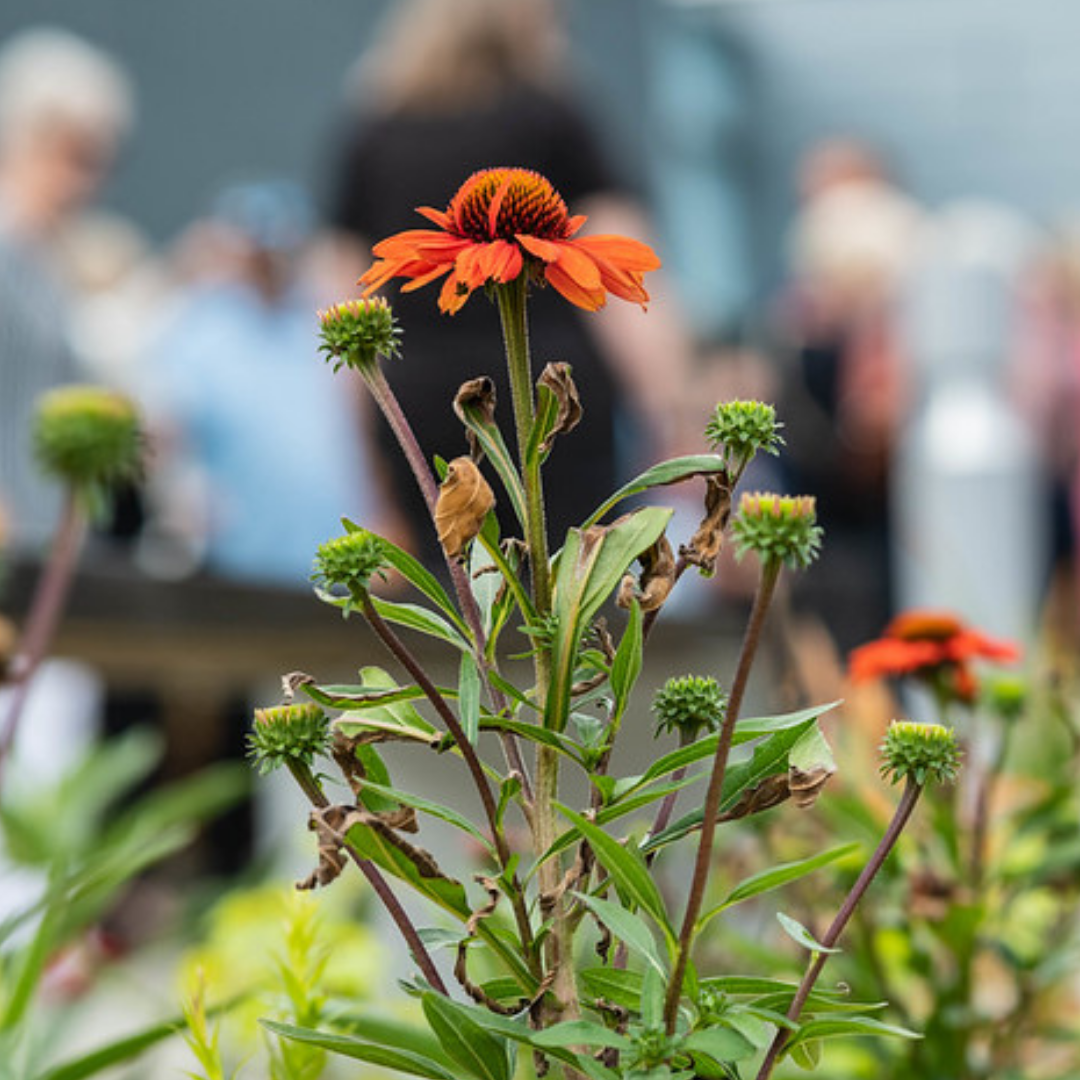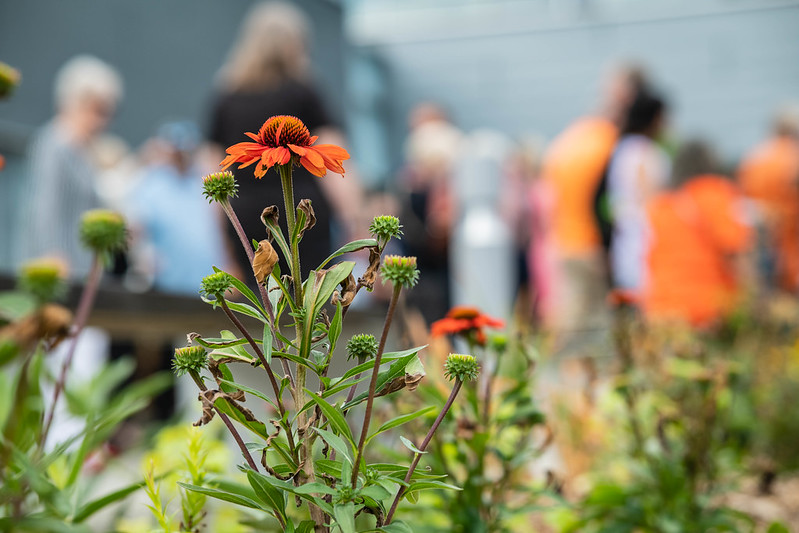 In November 2023, Criminology Assistant Professor Dr. Mark Kersten was invited to speak to the House of Commons Standing Committee on Foreign Affairs and International Development about Canada’s approach to diplomacy, particularly its inconsistent commitment to international law. As an expert witness, he testified about his hope that Canada could be a leader in human rights and concerns over Canada’s double standards in the investigation and prosecution of international crimes – war crimes, crimes against humanity, and genocide – both abroad and in Canada. Mark was also asked to submit a written brief to the Standing Committee, which is now part of the House of Commons official record.
In November 2023, Criminology Assistant Professor Dr. Mark Kersten was invited to speak to the House of Commons Standing Committee on Foreign Affairs and International Development about Canada’s approach to diplomacy, particularly its inconsistent commitment to international law. As an expert witness, he testified about his hope that Canada could be a leader in human rights and concerns over Canada’s double standards in the investigation and prosecution of international crimes – war crimes, crimes against humanity, and genocide – both abroad and in Canada. Mark was also asked to submit a written brief to the Standing Committee, which is now part of the House of Commons official record.
As a human rights practitioner and professor, Mark emphasizes the importance of serving as a role model for students and demonstrating that a commitment to human rights extends beyond the classroom.
It is important to me that my students know that I don’t just talk the talk, but walk the walk. A genuine commitment to human rights and international justice can’t end when the bell rings at the end of class or when it’s time to go home after work. It truly is a life commitment. By sharing with my students, the that work I do outside the university, I hope to leave them with the impression that human rights matter not simply as an intellectual project, but in everyday life, and to the most powerful political actors in the country. I also hope this work leaves my students with the impression that human rights and international law and justice matter, not some of the time, but all of the time.
When asked about the lessons and insights he gained from serving as an expert witness, Mark highlights the misconception that human rights are something distant from daily life.
Sometimes people think human rights and a commitment to international law is something that happens ‘elsewhere,’ away from day-to-day life. That’s the farthest thing from the truth! Many people, including students and professors, enjoy the lives they have precisely because of hard-fought gains in the field of human rights, whi
ch have often come at immense sacrifice. Like the famed lawyer Bryan Stevenson says, I want aspiring professionals to know that the measure of our character is how we treat the most marginalized and vulnerable people in our communities and in our world. A dedication to improving the human rights and access to justice for those whose rights are most fragile and least respected can and does improve all of our rights.
Reflecting on his experiences as both an expert witness and a professor, and the legacy he hopes to leave in shaping the next generation of leaders and influencers, Mark underscores the importance of showing people that human rights and international laws matter.
I hope that I’m nowhere near the point of reflecting on my legacy quite yet! But in my work, I do hope to leave the impression that human rights and international law matter. They are relevant in our neighbourhoods and communities. They are relevant across Canada and around the world. Our shared humanity depends on adherence to the basic standards of human rights law and decency, and we can’t be too privileged or too distracted to forget that or take it for granted.









